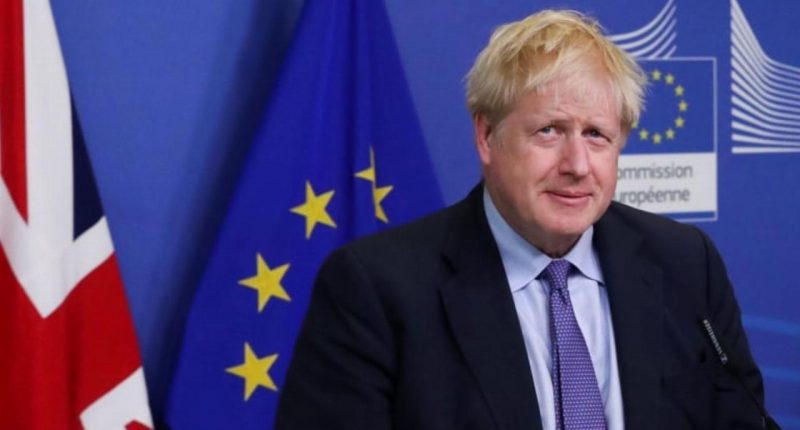- United Kingdom Prime Minister Boris Johnson has reaffirmed it has no problems leaving the European Union on “Australia terms” if it can’t come to an agreement with the bloc over a future trading deal
- Australia has no comprehensive trade deal with the U.K. but rather generally, follows World Trade Organisation rules
- As such, the Prime Minister’s reference to “Australia terms” means the U.K. is prepared to leave the bloc without a trade deal
- The U.K. left the E.U. in late January and is now in a transition period until the end of December, during which time the two parties will attempt to ink up a trade deal
- So far, negotiations have been slow as the entities nut out the details on issues like fishing rights, tariffs, environmental concerns, and single market access for the U.K.
United Kingdom Prime Minister Boris Johnson has reaffirmed it has no problems leaving the European Union on “Australia terms” if it can’t come to an agreement with the bloc over a future trading deal.
The U.K. left the E.U. in late January 2020 and is now in a transition period until December 31. A round of “intensified negotiations” is set to take place throughout July as the two parties attempt to ink up a trade deal.
Australia has no comprehensive trade agreement with the E.U., but rather generally follows World Trade Organisation rules. Thus, by saying the U.K. is prepared to leave on “Australia terms”, the Prime Minister means with no deal.
The British leader said as much to his Polish counterpart Mateusz Morawiecki in late June, then made similar comments to German Chancellor Angela Merkel on Tuesday as Brexit negotiators held informal talks over a private dinner.
The office of the Prime Minister later released a statement saying as part of the conversation with Chancellor Merkel, Boris Johnson underlined the U.K.’s “commitment to working hard to find an early agreement out of the intensified talks process”.
So far, trade talks between the U.K. and the E.U. have been slow as the parties struggle to come to terms on issues such as fishing rights, single market access for the U.K., state subsidies, environmental concerns, and tariffs and quotas for certain goods.
During last year’s election, the Boris Johnson said he had an “oven-ready” Brexit deal cooked up. However, more than halfway through the transition period, it seems negotiations still have a long way to go before the U.K. and E.U. sever their ties at the end of the year.
Should Brexit go ahead on Australia terms, both parties face another financial shock for economies already battered and bruised by the coronavirus.
Nevertheless, with Britain and the bloc both having a lot to lose on failed negotiations, compromises are likely to be made on both sides to reach a trade deal before the end of the year.







